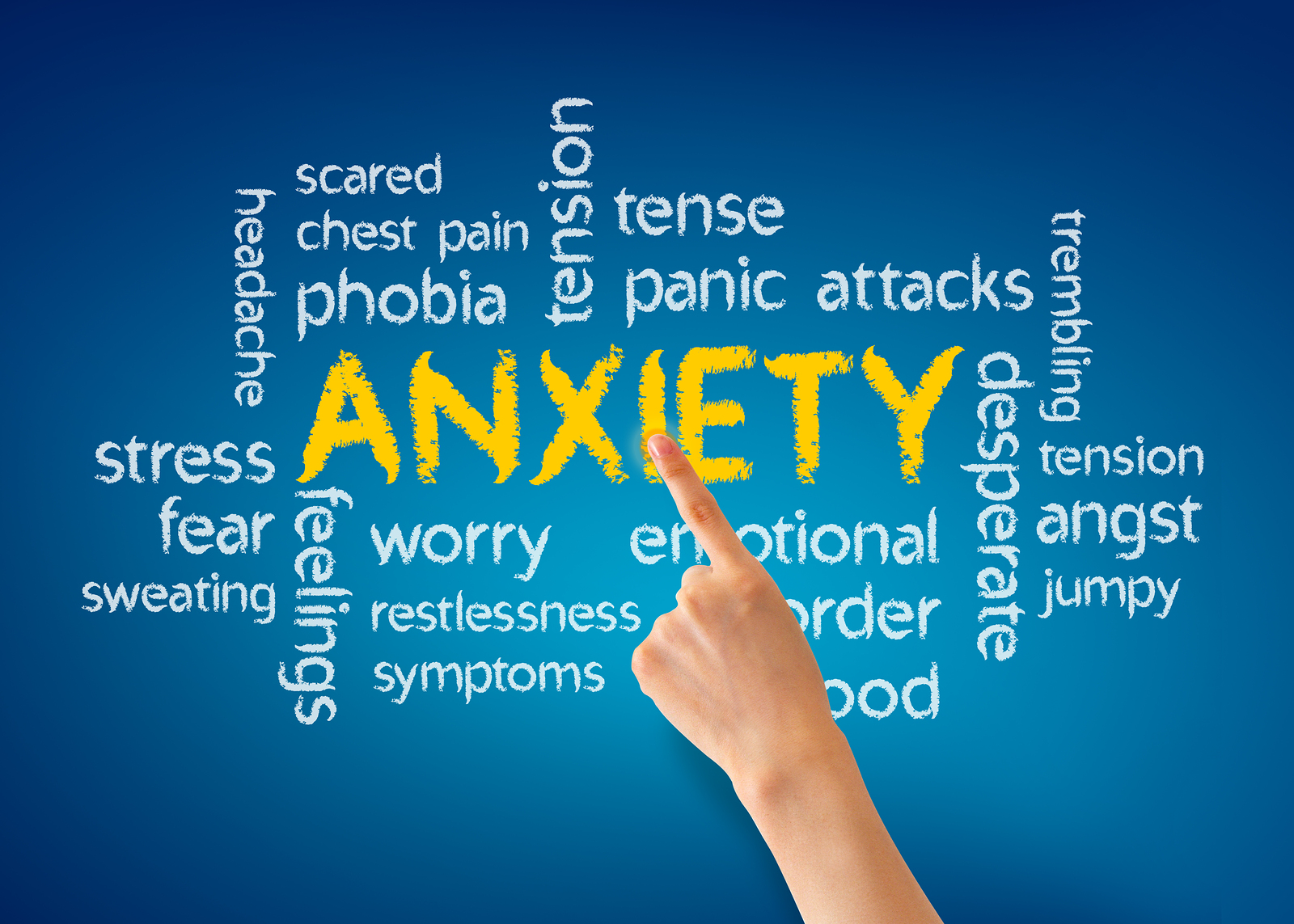7 Reasons Why Depression is One of the Most Misunderstood Mental Disorders
Depression is a mental disorder that some people face. People suffering from depression have a bleak outlook on life and their future prospects. Oftentimes, family and friends of the patient do not understand the situation and can find it difficult to offer proper help. This article aims to present 7 reasons why depression is one of the most misunderstood mental disorders.
1. People mistake depression for sadness.
Some people mistake depression for sadness, but there are important differences between these two states. Sadness is an emotion that helps us cope with loss and disappointment. Depression, on the other hand, involves feelings of hopelessness and worthlessness that can be more severe than sadness.
People who are depressed often feel like they have no reason to get out of bed in the morning; they might also experience physical symptoms like fatigue or headaches. These symptoms make it difficult to work or maintain relationships with others—which can lead to feelings of isolation and loneliness.
2. People think depression is a choice.
This misconception stems from the fact that many people think that those who struggle with mental illness do have some control over their emotions, or would choose to be sad or anxious. This belief is simply untrue.
It's important to note that while some people are very open about their struggles with depression, it doesn't mean they are choosing to be depressed. Just like someone suffering from cancer or another chronic illness, they may be able to choose how they deal with their condition but not whether or not they have it in the first place.
3. People mistake depression for laziness.
This misconception is fueled by the fact that people who are depressed may often feel unmotivated to work or do other activities. This can lead people to believe that they're just lazy. But here's the thing: feeling unmotivated isn't the same as being lazy!
For many people who suffer from depression, this phenomenon is known as “laziness” actually stems from an inability to focus on tasks that they perceive as unimportant. So while they may not be motivated to complete certain tasks, that doesn't mean they don't want to get things done or do anything at all—it simply means their minds aren't focused on those tasks right now.
So if you're wondering why someone you know who’s not lazy but becomes one when it comes to doing things around the house or doing their work, remember this: it's not laziness—it is possible that they have depression!
4. People don’t understand that depression can be triggered by external factors.
Studies have shown that as many as 80% of people with depression cite an outside source as the cause for their feelings of sadness or hopelessness.
So why do so many people continue to believe that depression is caused by internal factors? The answer might surprise you: It’s because we live in a culture where we are constantly told that our actions are responsible for everything that happens to us—good or bad. We believe that if we work hard enough and try our best, we will get what we want, whether it’s a promotion at work or a new car on the lot down the street. And when something goes wrong, it must be because there was something wrong with us all along!
The reality is much different: While there may be some genetic predisposition toward depression,research says that depression can be triggered by external factors. For example, a person might experience depression after losing a loved one or getting fired from their job. In fact, studies show that about half of all people with major depressive disorder have experienced at least one stressful event in the year before their first episode.
5. Some people think antidepressants are like a “magic pill.”
Many people believe that antidepressants are like a “magic pill,” meaning they can cure your depression overnight. In reality, it takes up to six weeks for antidepressants to take effect in your body—and even then, these medications aren't a cure-all. They can help manage your symptoms, but they don't treat the underlying causes of depression.
Another common misconception is that antidepressants are addictive. While some people do become addicted to antidepressants, the majority of patients who take them do not experience withdrawal symptoms if they stop taking them suddenly or on their own accord (as opposed to going through withdrawal due to drug abuse).
In fact, many people who suffer from depression are able to get through it without ever taking an antidepressant because there are so many other options available today—such as talk therapy or lifestyle changes like getting enough exercise and sunlight exposure each day!
6. Depression is weakness
Depression is often thought of as a weakness, but it's actually one of the most misunderstood conceptions about depression. It is a serious medical condition that affects your mood, thoughts and behavior. Depression isn't caused by a single event or stressor, but rather it can be triggered by various factors such as genetics, life experiences, brain chemistry and hormonal changes.
The reason this misconception is so harmful is because it leads people who are struggling with depression to believe that there's something wrong with them. They think they should be able to fix their own problems, or that they're not trying hard enough. This can make it harder for them to seek treatment and get the help they need—and sometimes even lead them to take their own lives.
7. Depression only affects women
Depression only affects women is one of the most misunderstood conceptions about depression. In fact, men and women experience depression at roughly the same rate, with approximately 1 in 3 people affected by it sometime in their life.
However, this does not mean that men and women have the exact same experience with depression. The symptoms are different for each gender and can affect them differently as well. For example, men tend to express their feelings of sadness or hopelessness through anger or aggression. Women, on the other hand, may become more withdrawn and socially isolated during periods of depression.
In addition, women tend to have a greater number of stressors in their lives that may contribute to depression such as caring for children or elderly parents.
In today's society, depression is one of the most misunderstood mental disorders out there. With so many myths surrounding depression and how it works, many people are unable to get the help they need. This has slowly been changing over the years, with more people becoming aware of depression and its effects on a person's life. However, much more needs to be done before we are able to completely understand this complex disorder. While much progress has been made in understanding depression, we still have a long way to go before society can treat those who suffer from it with the empathy they deserve.
For more helpful and informative insights, visit here.





